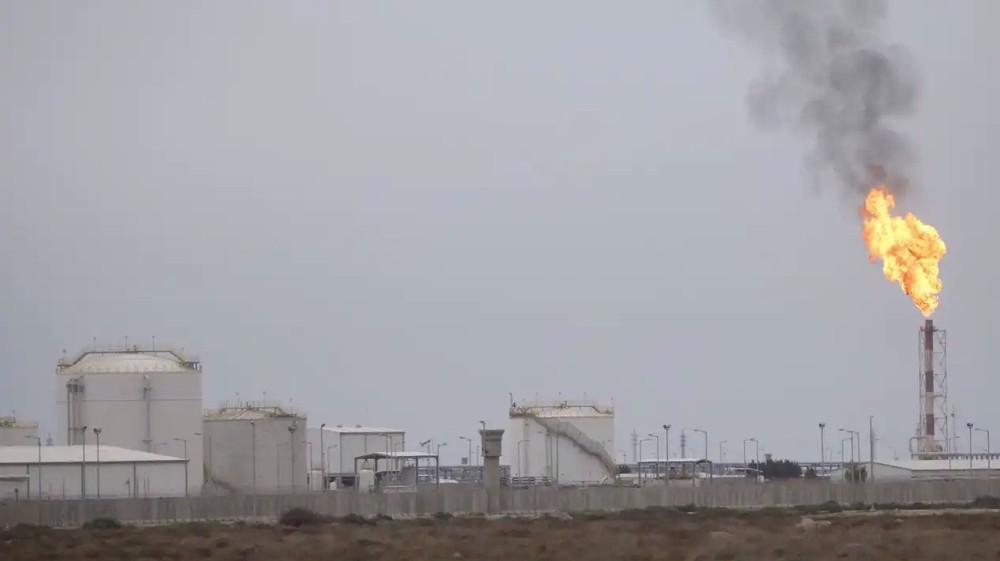Daesh displayed 'genocidal intent' against Izadis: Law experts
Legal experts have found new evidence about the Daesh terrorist group being involved in atrocities and "genocidal intent" against the Izadi community in Iraq.
In a report published in Human Rights Law Review on Thursday, the researchers said there was a "consistent and coordinated pattern" of crimes being committed against the Izadis.
They further underlined the importance of preserving the evidence for the possible future trial of Daesh elements for genocide.
"Genocide is at the apex of international crimes and has been described as the 'crime of crimes'," said Aldo Zammit Borda, the report’s co-author and law lecturer at a British university.

Borda said it was “hugely significant to be able to show that ISIL (Daesh)'s treatment of the Izadis could be characterized as genocide.”
The report was based on the analysis of the data provided by the United Nations agencies, media, aid groups and militants.
In August 2014, Daesh began an assault on the Izadis in the northern Iraqi town of Sinjar, home to around 400,000 members of the Kurdish-speaking group, who are followers of an ancient religion practiced by more than half a million people in northern Iraq.
Daesh terrorists killed thousands of the captured men in what a UN commission called a genocide against the Izadis.
Over 5,000 Izadis have been rounded up and slaughtered and about 7,000 women and girls forced into sex slavery, according to the UN estimates.
Iraqi forces advance against Daesh
On Thursday, the al-Sumaria news website reported that Iraqi volunteer forces had uncovered a Daesh training center in the west of the holy city of Karbala.
The military equipment stored in the center was transferred to a safe place, the report added.
Other reports said 20 Daesh snipers were killed in airstrikes conducted by Iraqi fighter jets on their position in Hawijah district of Kirkuk Province.
Iraqi forces also managed to liberate another neighborhood in western Mosul.
The Mosul liberation operation began last October and Iraqi forces took control of eastern Mosul in January, launching another offensive in the west in February.
The full liberation of Mosul, Daesh’s last major stronghold in Iraq, would likely spell the end for the Takfiri outfit’s so-called caliphate.
Ten million Persian manuscripts donated from India to institute in Iran
VIDEO | Press TV's news headlines
Iran says defense capabilities not open for negotiations
Senior Russian general killed in car bomb attack in Moscow: Investigators
Outrage in India’s bihar state after politician pulls down woman’s hijab
Two Palestine Action hunger strikers hospitalized amid rising health concerns
US weighs sanctions against Spanish ships over blocked arms shipment to Israel
Medicine shortages in Gaza reach alarming levels amid Israeli siege: Health ministry















 This makes it easy to access the Press TV website
This makes it easy to access the Press TV website